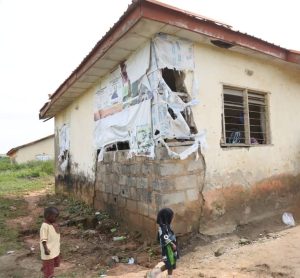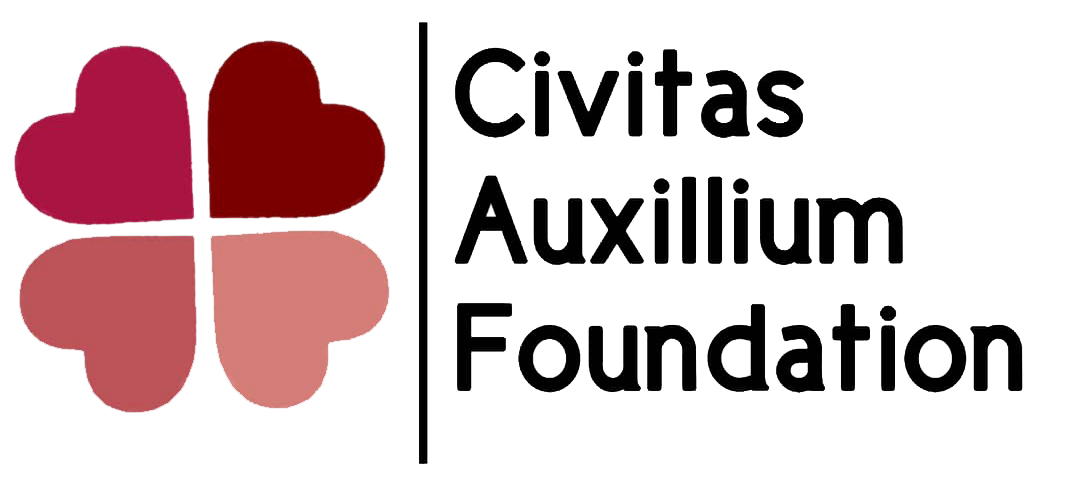No products in the cart.
Struggles and hope for reintegration – the journey of an internally displaced person in Nigeria.
 A building in IDP camp Wassa.
A building in IDP camp Wassa.
The life of Nigerians living in internally displaced persons (IDP) camps is one of constant struggle and perseverance.
Forced to flee their homes due to conflicts, these individuals and families are thrust into a world of uncertainty and hardship, with little to no resources or support.
The experience of being an IDP can be broken down into several stages, each with its unique challenges and difficulties.
The first stage is that of displacement, where families are forced to leave their homes with nothing but the clothes on their backs. This abrupt disruption of their lives often leads to trauma and psychological distress, as they struggle to come to terms with the loss of their homes, belongings, and sense of security.
The next stage is that of arrival and settlement in an IDP camp. Here, families are faced with overcrowded living conditions, limited access to basic necessities such as food, clean water, and sanitation, and the constant fear of disease outbreaks. Children are often unable to attend school, and parents struggle to find employment to support their families.
As time goes by, some IDPs may be fortunate enough to move into a more permanent camp or return to their homes. However, many others remain in the IDP camps for years, trapped in a cycle of poverty and vulnerability. The lack of economic opportunities and limited access to education and healthcare only exacerbate their struggles, preventing them from rebuilding their lives.
But amidst all the hardships and challenges, there is a resilient spirit that shines through the IDP community. Families come together to support each other, creating a sense of community and belonging in the midst of chaos. Women and children, in particular, play a crucial role in strengthening their communities, often taking on leadership roles and advocating for their rights.
Despite the resilience of the IDP community, it is crucial to recognize the need for economic empowerment. Providing IDPs with access to education and vocational skills can help equip them with the tools to improve their livelihoods and break the cycle of poverty.
Investment in small businesses and entrepreneurship can also create sustainable sources of income, allowing IDPs to become self-sufficient and less reliant on aid.
Furthermore, Civitas Auxilium Foundation (CAF) calls on the Nigerian government and well meaning Nigerians to work towards creating an environment that promotes the safe and dignified return of IDPs to their homes. This includes addressing the root causes of displacement, strengthening conflict resolution processes and investing in infrastructure in conflict-affected areas.
In conclusion, the life of Nigerians living in IDP camps is one filled with hardship and struggle. However, their resilience and determination to overcome these challenges are commendable. It is our responsibility as a society to support and empower these individuals and families, not just with basic necessities but also with the means to rebuild their lives and achieve economic stability. Only then can they truly break free from the shadows of displacement and build a brighter future for themselves and their communities.
Civitas Auxillium Foundation (CAF) supports economic empowerment and advocates for the rights and dignity of the personhood of IDPs to be restored.
You can see more of our work on our website – www.cafcares.org or on our social media pages @cafcares.
